As a storehouse for omega-3 fatty acids and dietary fiber, flaxseeds (अलसी) are highly nutrient-dense in nature, which in turn makes them an ingredient that you should look into if you are planning to start a healthy eating regimen. With the progress in scientific research, we have come to know the benefits of flax seeds, and these nutrient-dense seeds have emerged as one of the top superfoods.
Not only can these small seeds offer you a healthy dose of good fats, but they can also significantly improve your cardiovascular health and promote healthy digestion, all of which contribute to making flax seeds super healthy. To understand its beneficial nature with much better insights, let’s take a look at some of the advantages that flaxseeds can provide you with.
Flaxseed is present in quite a lot of packaged food products like cereals, bread, muffins, crackers and energy bars.
Flaxseeds are called Avise gin̄jalu in Telugu, Aali Vidhai in Tamil and Alsi (अलसी) in Hindi.
Table of Contents
Healthy Benefits Of Flax Seeds
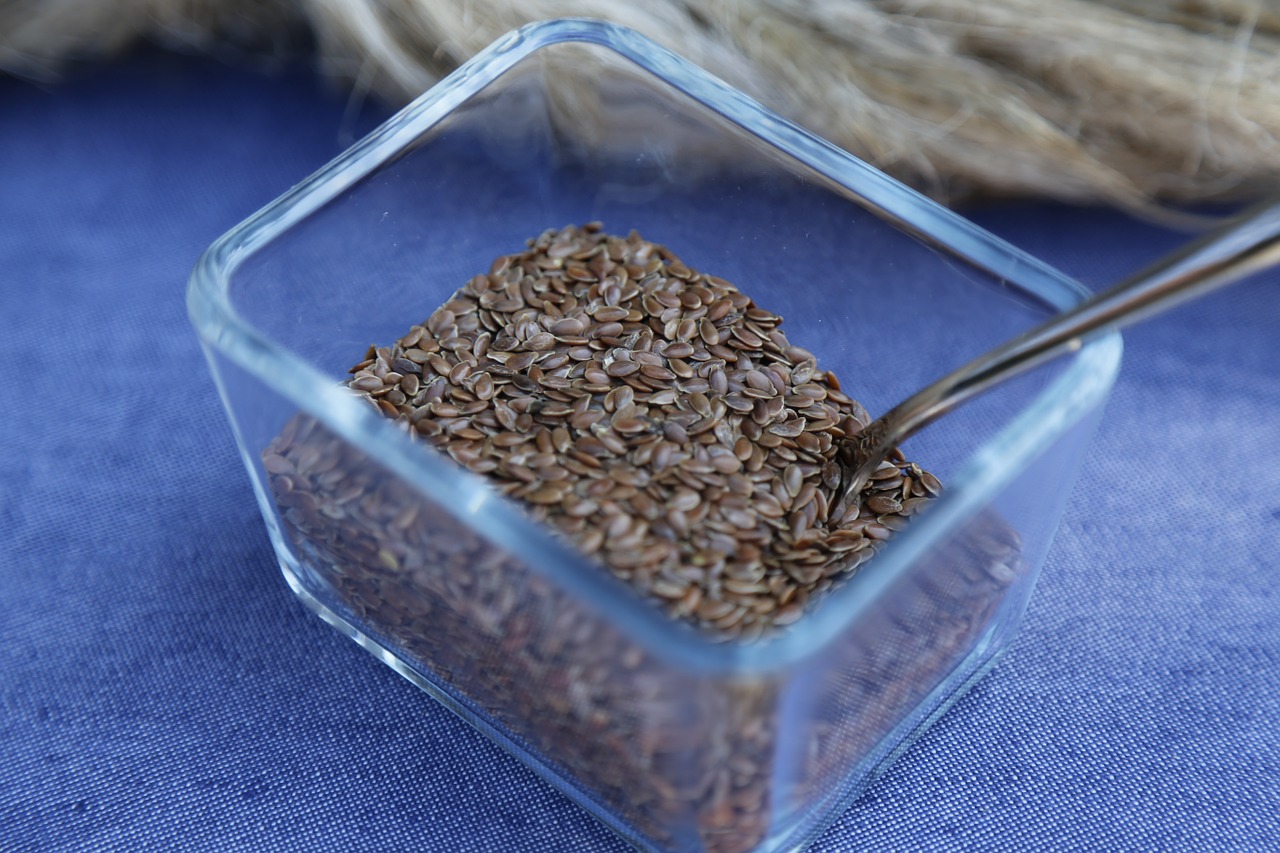
The high fiber content in flaxseed plays an important role in boosting metabolism and
promoting healthy digestion.
1. Flaxseeds Are Loaded With Nutrients
Flaxseeds are packed with protein, fiber, minerals, and vitamins; in fact, they have all the required nutrients that make them an excellent antioxidant and anti-inflammatory addition to your diet.
Like other edible seeds, flaxseeds may be small in size, but their health impact can be easily observed, making them an essential addition to your diet. The rich reserves of omega-3 fatty acids in flax seeds offer a great range of benefits to anyone who regularly eats them. Flaxseeds are rich in many vitamins and minerals like vitamin B6, vitamin B6, phosphorus, folate, calcium, magnesium, and potassium.
2. Flaxseed Benefits For Digestion
Flaxseeds contain a good amount of dietary fiber (soluble fiber and insoluble fiber), similar to other seeds like chia seeds and sunflower seeds. This can turn out to be good for a healthy digestive process. The reason behind this fact is the non-digestible nature of fiber itself, which makes a fiber-filled ingredient harder to digest.
Now, since flax seeds require more time to digest, the stomach ends up exerting more effort for its digestion and, in that process, might also burn a few calories, and boost the body’s metabolism along the way. Just one tablespoon of flaxseeds can provide up to 1.9 grams of fiber. The benefits attached to flaxseeds can be credited to the omega-3 fatty acids and fiber it provides our bodies with.
The dietary fiber present in flaxseeds helps to regulate bowel movements and can help provide relief from constipation.
Also Read: 15 High-Fiber Food Items That Are Good For Your Digestive Health
3. Flaxseeds Consumption Controls Blood Sugar Level
Again, the non-digestible nature of dietary fiber comes to your aid with its blood sugar maintaining properties. As mentioned, the fiber-loaded nature of flax seeds makes them harder to digest, thus the stomach requires more time and effort to do so.
With a slowed-down digestion process, the pancreas is given enough time for the secretion of insulin (a hormone that breaks down sugar molecules), hence preventing the sudden rise in your blood sugar levels. Flax seeds also have a very low glycemic index, making them fit for consumption by diabetics. Men and women suffering from type 2 diabetes can also benefit from adding flaxseeds to their meals.
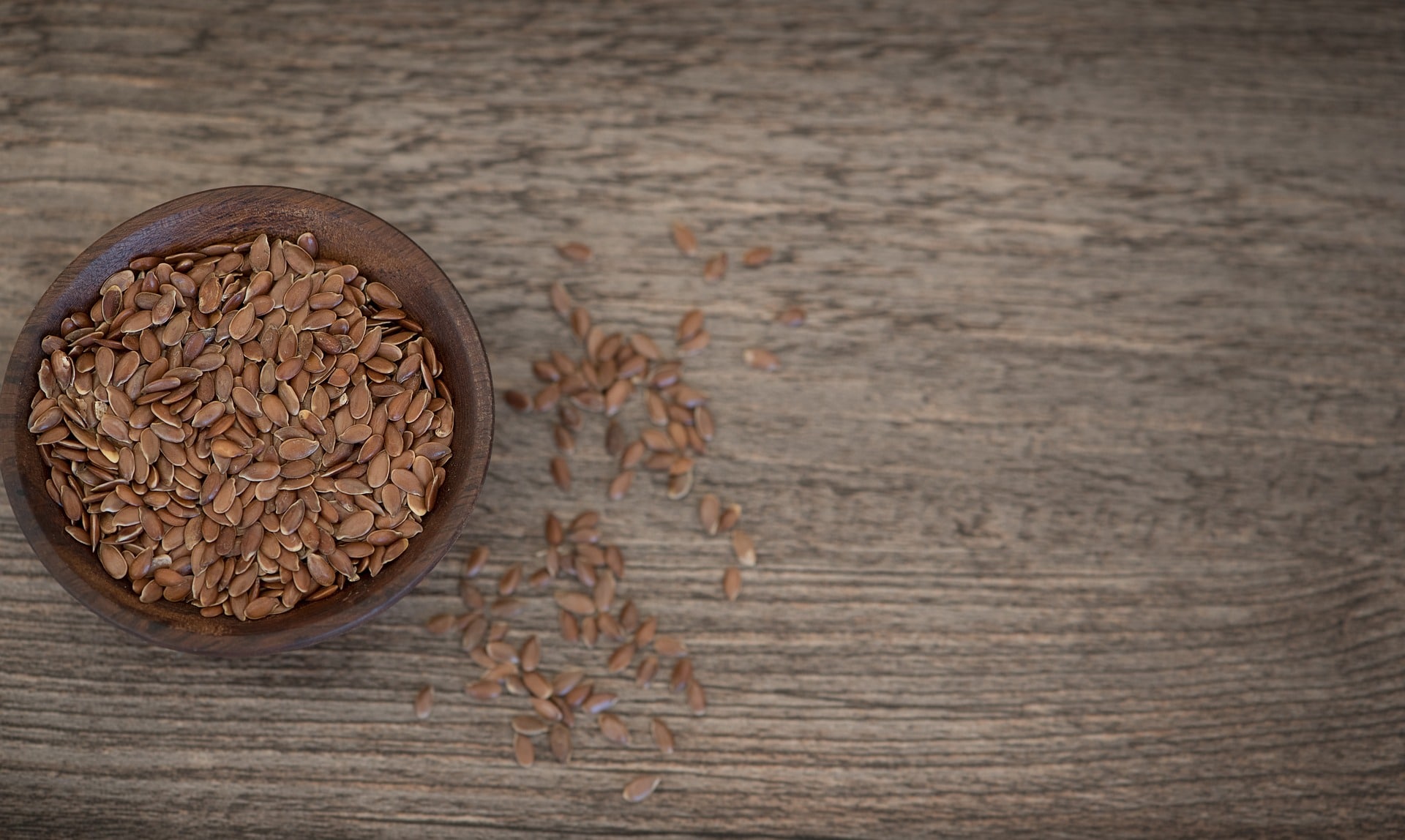
4. Great For Weight Loss – Add these healthy seeds to your Diet
This is yet another example of a benefit that is contributed by the adequate supply of dietary fiber in flax seeds. With the boosting of one’s metabolism and the slowing down of digestion rate, one can effectively lose weight.
Similarly, the burning of calories is one of the results of flax seeds consumption. In addition to that, the intake of dietary fiber is known to fill up the stomach even if it is eaten in small quantity, thus it can prevent you from over-eating, which is one of the main causes of weight gain.
Flaxseeds can help you feel fuller for longer and may also help manage your weight too. A study suggests that flaxseed dietary fiber supplements can help suppress appetite and food intake.
Also Read: Super Foods To Reduce Belly Fat | Best Diet To Shed Tummy Flab
5. Promotes Cardiovascular Health | Reduced Risk Of Heart Disease
One of the primary benefits of flax seeds, for which most people add it to their list of everyday ingredients, is their positive effects on cardiovascular health.
The presence of omega-3 fatty acids can be enough to prove this advantage. Healthy consumption of omega-3 fatty acids is often associated with the reduction of eicosanoids and cytokines in the body.
Both of these molecules are known as inflammatory agents. Thus, omega-3 fatty acids, by reducing their production, can easily lower the inflammatory response of the body tissues.
This anti-inflammatory property of flax seeds prevents the inner lining of the blood vessels from getting inflamed, hence regulating a proper flow of blood to the heart and maintaining healthy cardiovascular health.
High blood pressure? Flaxseeds also help lower high blood pressure levels.
Also Read: Top 9 Heart Friendly Foods
6. Flaxseeds Are A Reliable Source For Lignans | May Help In Reducing The Risk Of Breast Cancer
Polyphenols (phytoestrogen) that are found in plants are called lignans. A variety of vegetables, nuts, seeds, and grains contain lignans. Lignans can effectively reduce the risk of developing cancer and can be found in flaxseeds in abundance. In fact, flaxseed contains the highest concentrations of dietary lignans. Do you know that the quantity of lignans present in flaxseeds is almost 75-800 times more than any other plant-based foods.
According to a Canadian study, there is a strong link between consumption of flaxseeds and reduced risk of breast cancer in women (especially postmenopausal women).
Furthermore, a diet rich in food items with high lignan quantity may help reduce the risk of cardiovascular diseases, prostate cancer, and other types of cancers. Also, it is more likely that numerous other nutrients and phytochemicals found in flax seeds give them an anti-inflammatory property required for such benefit.
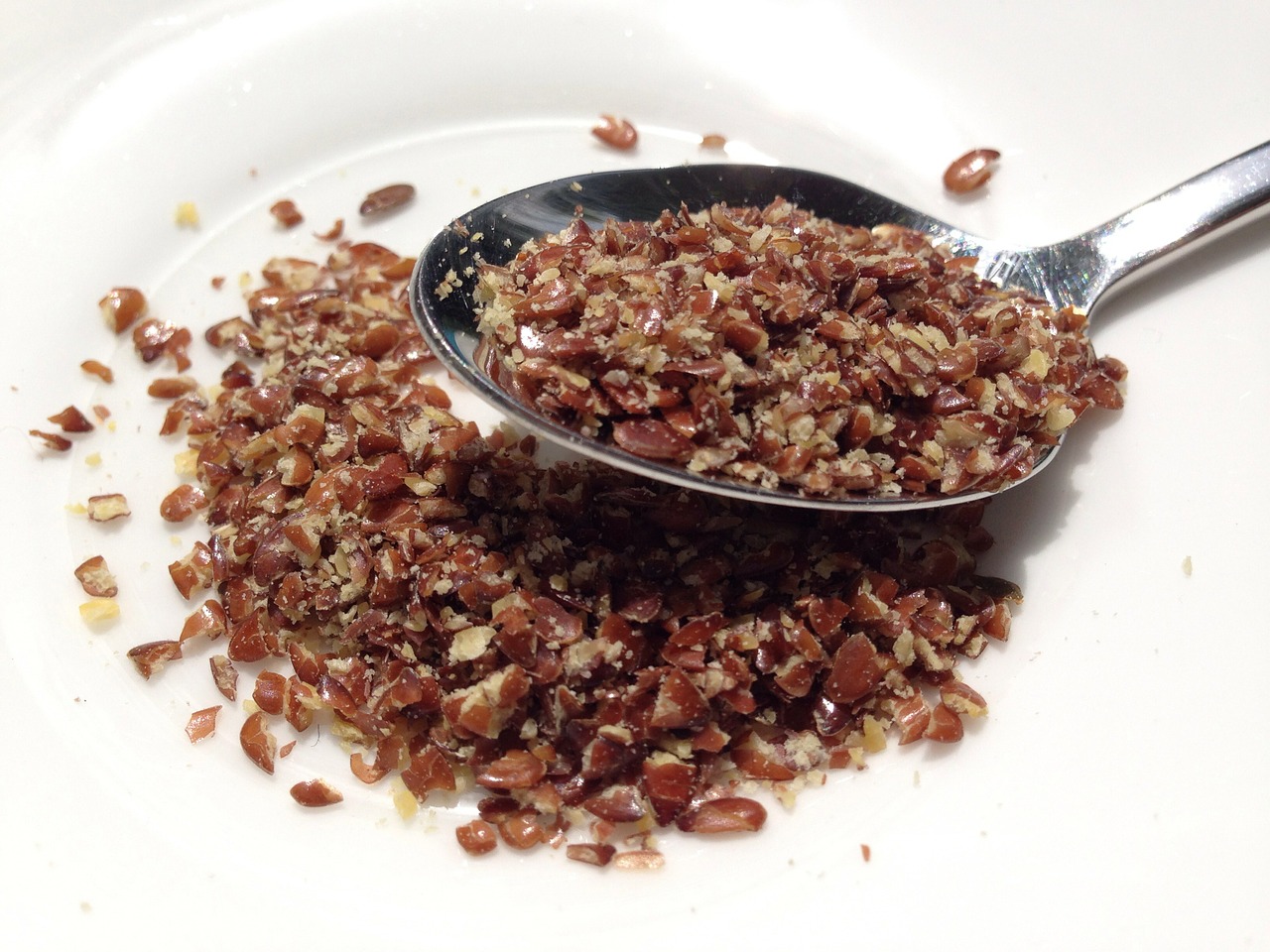
The high omega-3 fatty acid content of flax seeds is essential for good cardiovascular health.
7. Flaxseeds Can Help Lower Cholesterol Levels – May Promotes Good Heart Health
Flaxseeds can help reduce the risk of cardiovascular diseases by lowering high cholesterol levels. Flaxseeds and even flaxseed oil contain adequate amounts of alpha-linolenic acid (ALA), one of the essential omega-3 fatty acids that can partly and effectively convert into DHA and EPA. Both these are more active types of omega-3s in the body, which further enable lowering cholesterol levels. The ALA present in flaxseeds can help reduce the risk of heart disease by reducing the inflammation of arteries.
Thanks to the omega-3 fatty acid ALA, studies have shown that the consumption of flax seeds can reduce the amount of bad cholesterol and increase the quantity of good cholesterol (HDL). HDL is responsible for bringing the excess cholesterol to the liver, which gets mixed up with the bile, thus forming bile salts, and is excreted from the system.
8. A Great Source For Protein
As if the list of health benefits of flax seeds wasn’t already long enough, these seeds are a reliable source for high-quality protein as well. Thus, with a high quantity of protein and an adequate supply of fiber, the consumption of flax seeds can effectively help in the development of one’s muscle tissues while aiding in weight loss too. The other important benefit of protein is its ability to produce energy, as it is the required fuel for mitochondria, which is the powerhouse of a cell.
Also Read: Top 10 Benefits Of A Protein-Rich Diet
9. It Is Simple To Add
Though not particularly a health benefit, the simple and versatile nature of flax seeds can make their addition to your diet an easy task. They can mix well with beverages, which could aid in thickening the consistency of the drink. It can be added to baked goods, hence adding up to their nutritional value as well. And, it can also come handy as a dressing for your salad.
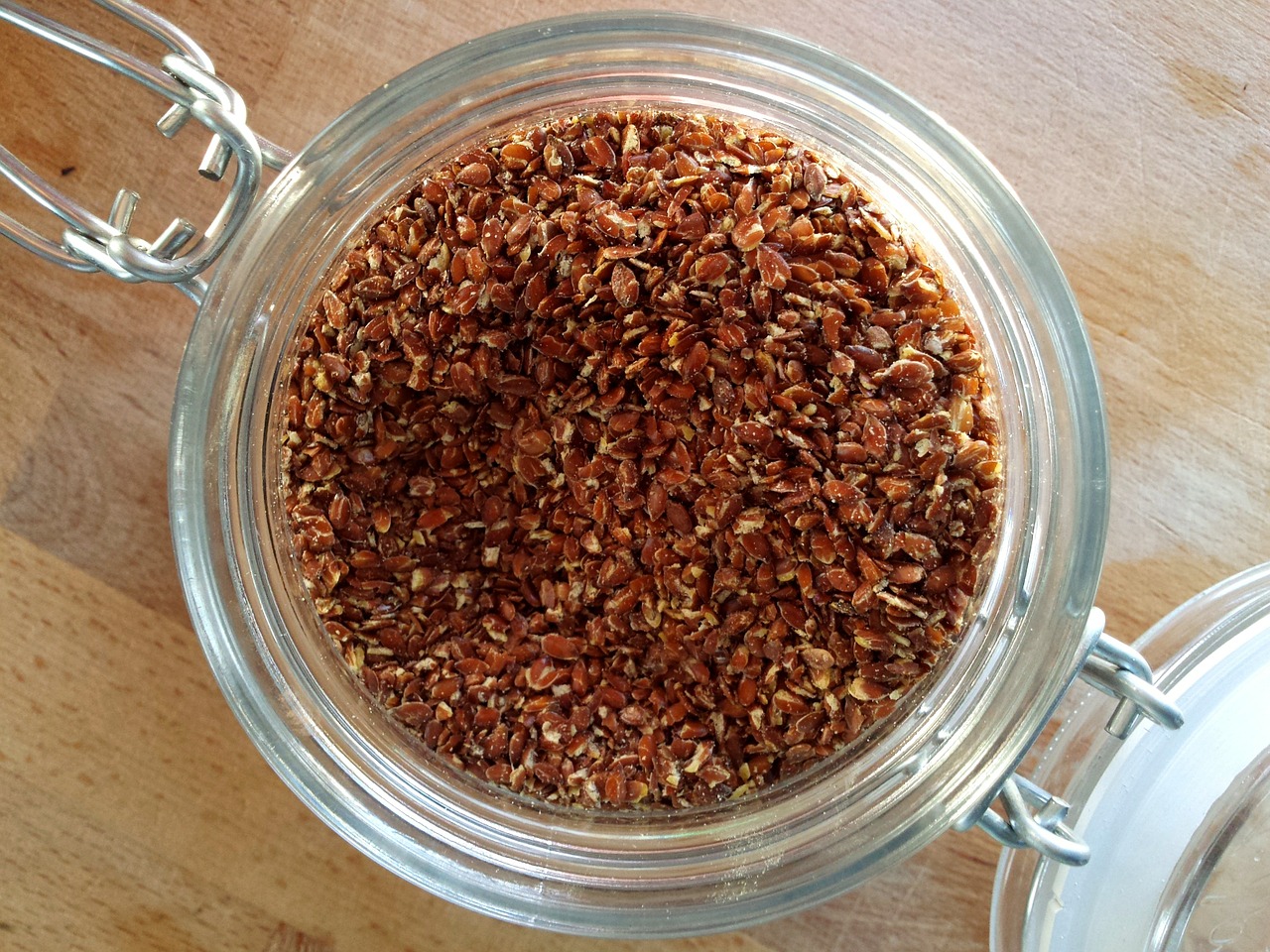
The active content of omega-3 fatty acids present in flaxseeds helps in increasing the good cholesterol level in the system, hence reducing the risk of heart disease.
About 5 tablespoons are the desired limit or amount for its maximum consumption per day. If you exceed that limit, it might disrupt your balanced diet and can adversely affect your health. Please note that anything in excess is bad for your health.
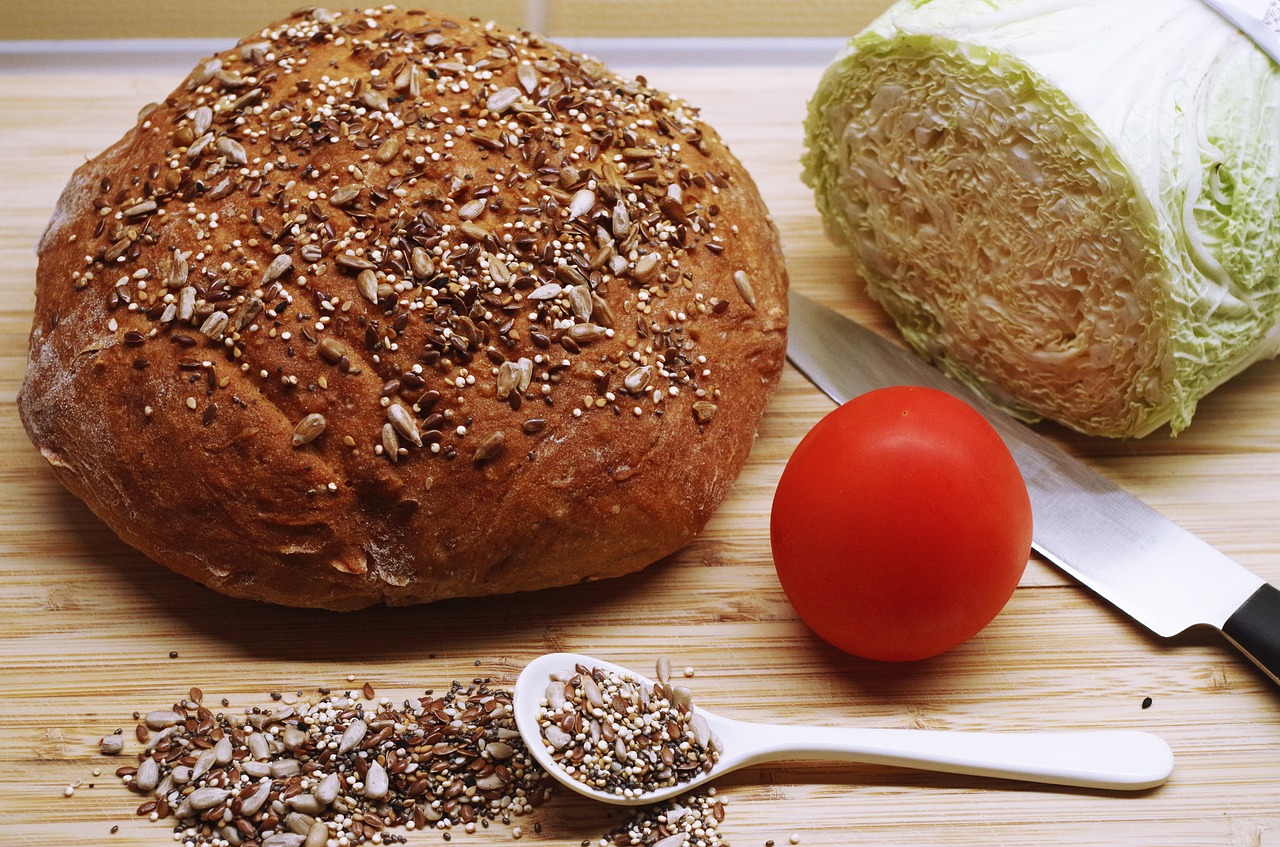
FAQ’s
1. What is the best way to consume flaxseed?
Flaxseed is quite a versatile seed with a pleasant, nutty taste that can be mixed with almost anything. Here are some easy ways of using flaxseed and ways you can incorporate it in your daily meals –
- Add a tablespoon of ground flaxseed to your hot or cold breakfast cereal.
- Add a teaspoon of ground flaxseed to mayonnaise when making a sandwich.
- Mix a tablespoon of ground flaxseed into an 8-ounce container of yogurt. Adding flaxseed to yogurt based drinks like smoothies or buttermilk is also a good idea.
Add ground flaxseed to cookie dough, muffins, bread, cakes, waffles, pancakes and other baked goods. - Most people ask the same question – If you can have flaxseeds with plain water too. Yes, you can. Mix a teaspoon of flaxseed powder in a glass of water and leave it overnight or for 5-6 hours. Consume it the next morning to absorb maximum benefits. When you eat flaxseeds, make sure you consume plenty of fluids with it.
You can grind some flaxseeds in a coffee grinder too and store in an airtight container in a cool, dark place.
Read a detailed article on how to eat and use flaxseeds and how to add them to your meal.
2. Where did Flaxseed come from?
Flaxseed comes from the flax plant, also known as Linum usitatissimum, which grows to be about 2 feet tall. It likely was first grown in Egypt but has been cultivated all around the world. It’ s nutty-tasting seeds can be eaten on their own or crushed and cold-pressed to release flaxseed oil.
For decades, it had been common to find flaxseed used in things like cereal or bread, but it has developed a niche in the health food industry in the past decade or so. People are aware of the seed’s health benefits and now have many options to buy it. Whether as a supplement or as an ingredient they add to a variety of foods, the idea is to get into a habit of consuming the seed on regular basis.
3. Which form of Flaxseed is better? Ground or Whole?
Most nutrition experts recommend ground over whole flaxseed because the ground form is easier to digest. Whole flaxseed may pass through your intestine undigested, which means you won’t get all the benefits. The nutritional properties of flaxseeds make it one of the most healthiest additions to our diet.
4. Isn’t it more convenient to consume Flaxseed softgel supplements rather than whole or ground Flaxseed?
Buying flaxseed oil in encapsulated or soft gel form provides a readily measured dosage for convenience. They are usually available in 500 milligram and 1000 milligram dosages. However, smaller dosages of flaxseed oil in liquid form are required to gain the same omega 3 fatty content. One tablespoon of flaxseed oil provides 7 grams of alpha linolenic acid, which would equate to a dozen 1000 milligram gel caps. Another factor to consider is the taste of flaxseed oil. Often capsules are easier to swallow and better tolerated.
The ingredients in flaxseed oil softgels and capsules often vary according to the manufacturer. Many flax oils come mixed with other carrier oils, such as evening of primrose oil and pumpkinseed oil. Capsules and soft gels are usually made from gelatin, which is derived from the connective tissue, bones and skin of animals. Flaxseed oil capsules, made with “vegetarian” soft gels from non-animal sources, are also available.
Flaxseed oil can turn rancid and is easily destroyed by heat, light and oxygen. Flax oil in capsules or soft gels are protected from light and UV radiation, which helps keep the oil stable and minimize free radical formation that could cause the oil to go rancid.
5. What is the best way to store Flaxseed?
Flaxseed can be sensitive to heat and sunlight and has a reputation of spoiling quickly. It’s best to store your whole flaxseed in the refrigerator to keep it fresh longer. If you grind your own flaxseed, keep the seeds in the fridge and take them out just before you are ready to grind them. Then store the ground flaxseed in an airtight container, where it should stay fresh for a few months.
6. What is flaxseed oil? How is it made? What are its benefits?
Flaxseed oil is made by extracting oil from flaxseeds. Flaxseed is ground and then pressed with an oil press to release the liquid. Flaxseed oil offers a concentrated dose of alpha-linolenic acid, but some of the other nutrients found in ground flaxseed may not end up in the oil version after processing. The use of flaxseed oil in your meal does not add any fiber to the diet.


